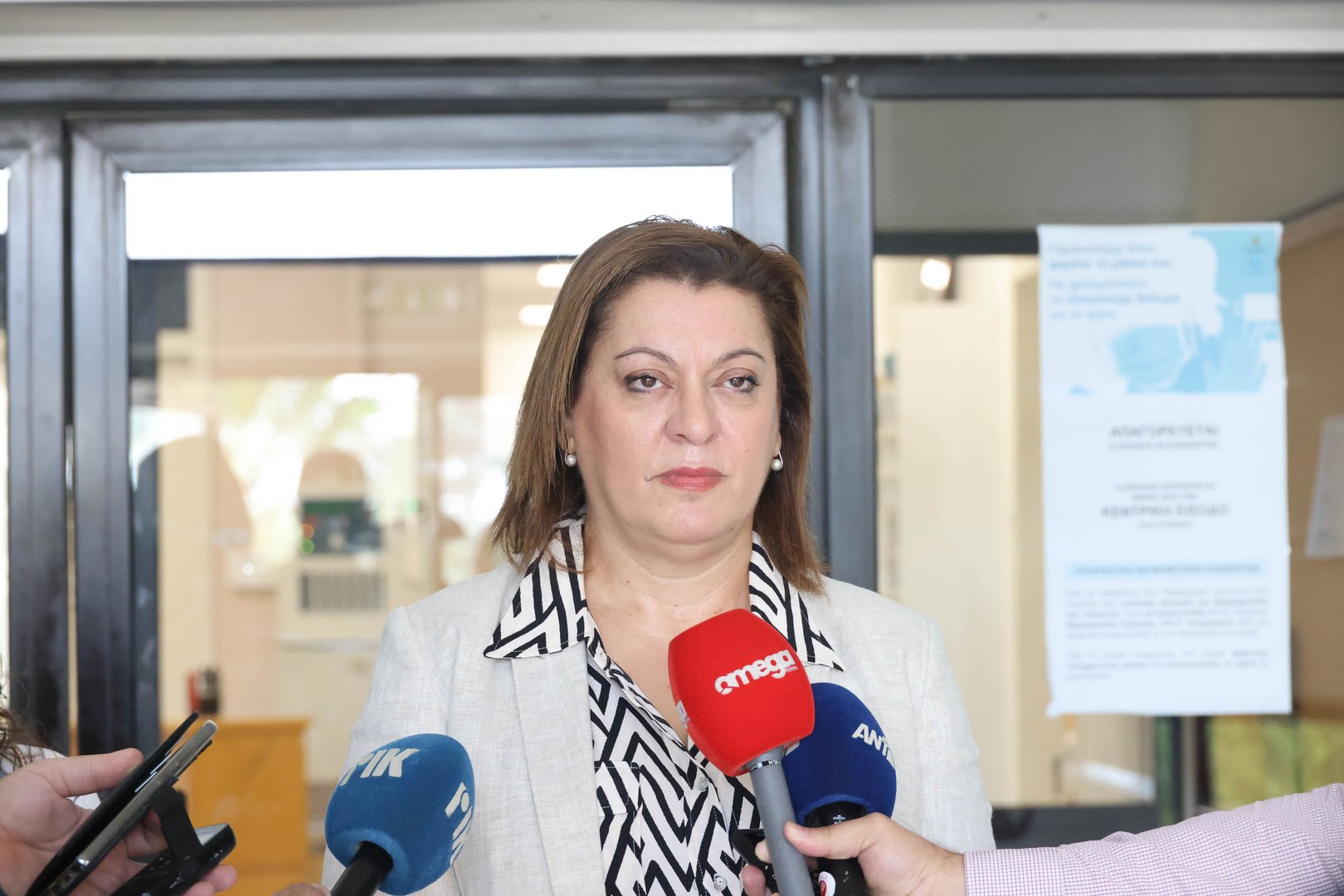The government’s plan to introduce foreign language undergraduate programmes at the country’s public universities is “based on scientific arguments”, Education Minister Athena Michaelidou said on Wednesday.
Speaking to the House education committee, she said she had not heard any “strong arguments” against the plan and added that the introduction of foreign language programmes is “a basic provision of our strategy to upgrade higher education in this country, and to internationalise it”.
“We cannot leave public universities behind by not allowing them to offer undergraduate programmes [in foreign languages],” she added.
She said the exact number of such programmes will be determined “very carefully, based on specific criteria”.
“They will not burden public finances since they will be self-financed,” she added, alluding to the planned introduction of tuition fees for the programmes, which she said would be “based on the actual costs and controlled by the government”.
She also spoke on the matter of a bill which would allow universities based overseas to open campuses in Cyprus, saying the giving of permission to those universities would be also based on “very strict criteria”.
“Existing legislation already allows this, and what we are doing with this bill is controlling and tightening the process of foreign universities establishing campuses here,” she said.
She said the Cyprus Agency of Quality Assurance and Accreditation in Higher Education (Dipae) would devise criteria for the campuses’ establishment, operation, control and evaluation of those universities.
Additionally, she touched on the matter of a planned “letter of guarantee” universities would be asked to send before opening a campus, and earlier plans for priority to be given to universities which place higher on international rankings tables.
These provisions had raised questions regarding fairness and competition, with Michaelidou saying “we have no problem with removing them from the bill” and adding that the provisions in question “were anyway supplementary to other elements of quality assurance”.
“Both issues are important and interconnected with the entire effort being made to upgrade higher education, and it is time to move forward,” she said.
Disy MP George Karoullas said after the committee meeting that both the introduction of foreign language undergraduate programmes at public universities and the establishment of overseas based universities’ campuses in Cyprus are “matters of principle” for his party.
He added that Disy wishes to “establish Cyprus as an international centre of higher education” but warned that the changes “must be done properly and on the basis of legitimate, fair competition between existing universities and schools”.
He also touched on the idea of a letter of guarantee, saying, “this is an issue which is still being discussed”.
“Surely again, this is about quality and sustainability for these universities. We have to look at it very, very seriously, and thus possibly filing a relevant letter of guarantee would be an intermediate solution,” he added.
On the matter of foreign language programmes, he said “special attention” is required, particularly to the matter of the setting of tuition fees.
To this end, he suggested that an independent body set tuition fees, and added that this idea had been put before the committee alongside a parallel idea to set entry requirements in a similar way
Akel MP Christos Christofides was less impressed by the plans, saying, “we are not interested in any political expedience or economic interest other than the political, economic, and social interest of Cyprus and the Cypriot people”.
“In this context, we are fighting to ensure the quality of the campuses which will be established by foreign universities in Cyprus.”
He added, “if we do not ensure that Cyprus does not become a sitting duck to be exploited, we will suffer more than we did with golden passports.
“If we become a place where degrees are sold easily, the European Union and individual countries will say degrees given in Cyprus are not worth the paper they are written on and the whole thing will collapse like a house of cards.”
With this mind, he said, “very serious issues are still pending,” and added that President Nikos Christodoulides had in his State of the Republic address at the beginning of the year promised that the government’s strategy on both matters would be ready by June, but that with November beginning on Friday, “there is no strategy and bills are being put forward without any overall planning.”







Click here to change your cookie preferences